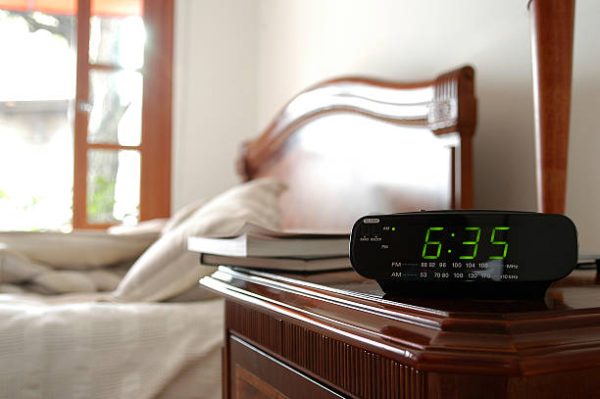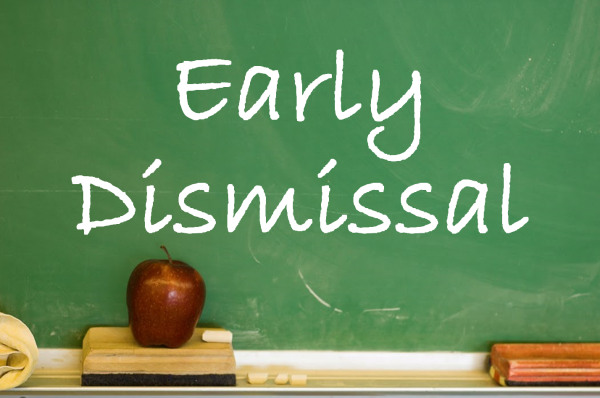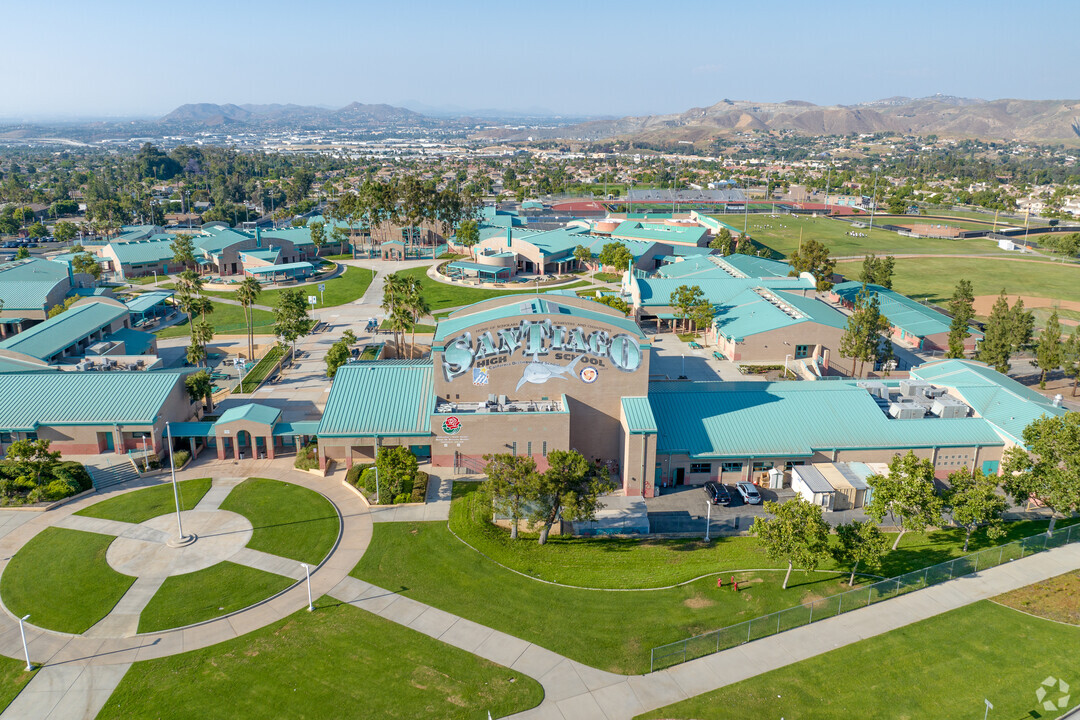The Reputation of Late Start and Early Release at Santiago High School
Late Start and Early Release Day are two of the almost-weekly occurrences that Santiago students look forward to most when it comes to waking up for school. High school itself can be busy, stressful, and easily overwhelming for many students; sleeping in or getting to go home earlier in the school day can be a welcome relief for several reasons. When it comes down to it, which schedule alteration is better —or worse —for the performance and health of high school students like those who attend Santiago? And how does it differ from simply having students wake up earlier for school?
The Sleep Crisis for Teens
The most common challenge for many students, especially high schoolers, is waking up in the morning to attend school. It’s so common that it has become a daily struggle for people. According to the American Psychological Association, 70% to 83.5% of high school students across America, at various grade levels, fail to get enough sleep due not only to their activities and hormonal changes but also to their school schedules. A large majority of teenagers do not get enough sleep because they are overworked and simultaneously distracted by social media. With these two factors alone, it is unfortunately guaranteed that teens will be exhausted and unable to concentrate when it is time for school.
While there are several ways to put social media distractions to an end, as well as managing school activities, it should also be the responsibility of schools to ensure that students can properly function throughout the day, and this includes what time students are expected to arrive at school, with the expectation of them being on time and ready to learn. When students have to wake up early, several factors related to their health are negatively affected, like their circadian rhythm, which is crucially more important for younger people as they continue to grow, since teenagers are also recommended to get 8 -10 hours of sleep each night for the best performance in daily activities.
Starting Times and Expectations at Santiago
All Santiago Students are expected to be in class and ready to learn by 8:30 AM. While this starting time differs from other schools that start even earlier, at 7:30, a shared problem remains among all students: lack of sleep. These sharp bell schedules and expectations can be complicated for students to meet, especially when other distractions get in the way, such as traffic, different forms of transportation, getting breakfast, or helping younger siblings in the morning. When these other factors get in the way, students have no choice but to wake up even earlier than they need to.
How These Schedules Affect Students
I, a senior, wake up around 6:45 AM each morning. I do this so I have just enough time to get dressed, make coffee, and head out to my bus stop on time at 7:37 AM. By the time I get to school, I try to make it to class before 8:30, though my bus is almost always late. Usually, I am the most tired after lunchtime. Once I get off the bus after school at 4:40 PM and walk home, I am exhausted and have little energy to complete homework. I always end up in a confusing situation between having a late lunch and just having dinner. I can only imagine how much more fatigue sports students face, and even those who have to help out more at home.
Isn’t this schedule too early and too incompatible with people, especially those with after-school activities that may take up more of their daily time and energy? Consistently waking up too early in the morning can lead to more exhaustion and stress in school students, furthermore leading to increased mood swings and mental health issues such as anxiety or depression. Personally, I am more energetic on Wednesdays, when school starts at 9:50.
The difference between the two is nearly an hour and twenty minutes, which allows everyone to prepare more for the school day, even bus students like me, whose bus leaves at 8:57 AM. Aside from the later start times, it is easier for me to focus on all six of my classes because the class times are shorter and I am better rested. The better way to address tiredness among busy students is for schools to have more Late Start days or to change the weekly schedules in general. A good majority of high schools in California and Florida have already done this. I believe more can still be done to create greater consistency in late schedules that support student focus and reduce overall stress in high school.
While enforcing Early Dismissal days for students at Santiago can help them complete online testing more efficiently, students still wake up early on these days. They will face similar challenges, except for being able to leave school sooner at 12:40 PM instead of 3:36 PM and having more time throughout their day to study, do homework, or complete chores. Overall, this type of schedule does not help with resolving sleep deprivation in high school students and has minimal benefit for high schoolers. Since it does not offer many tangible benefits to students as the Late Start schedule does, health struggles among teenagers in this situation will not be resolved.
How Sleeping Affects High Schoolers
Waking up later for school at Santiago and other high schools across the state offers a much wider range of benefits not only for students who attend, but also for parents who drop them off and for teachers who have more time to prepare for the school day. Waking up later has a greater impact on teenagers than on younger children, as we are facing more hormonal changes, our brains readjusting to new environments and activities that require more energy as our bodies continue to grow. It allows students to get more rest throughout the night, so they have more energy in the morning and can concentrate better on their assignments and activities throughout the day.
Overall, Santiago’s Late Start Schedule offers benefits for students who attend, compared to other schedules enforced in high schools. Compared to early release, late start allows students to function better throughout the day and focus more on their classes, which is a key factor in success at Santiago.











